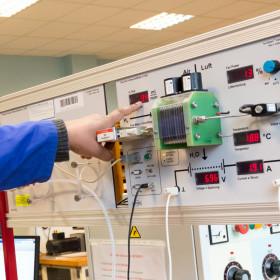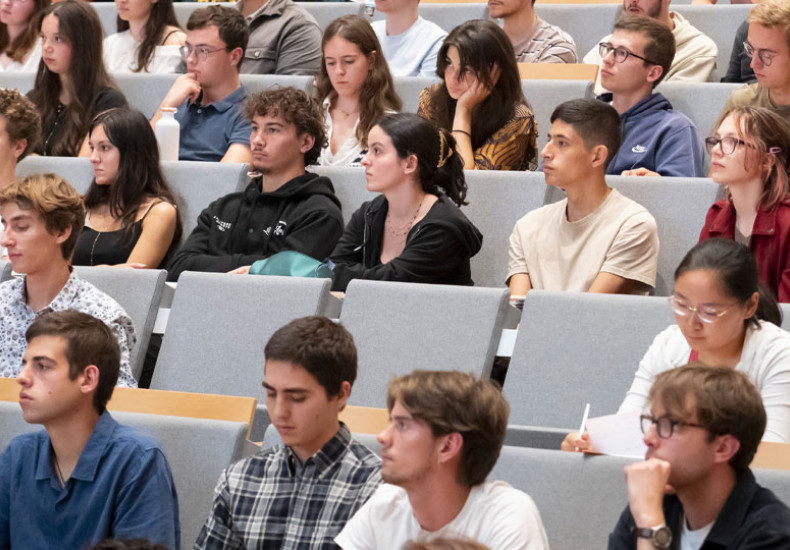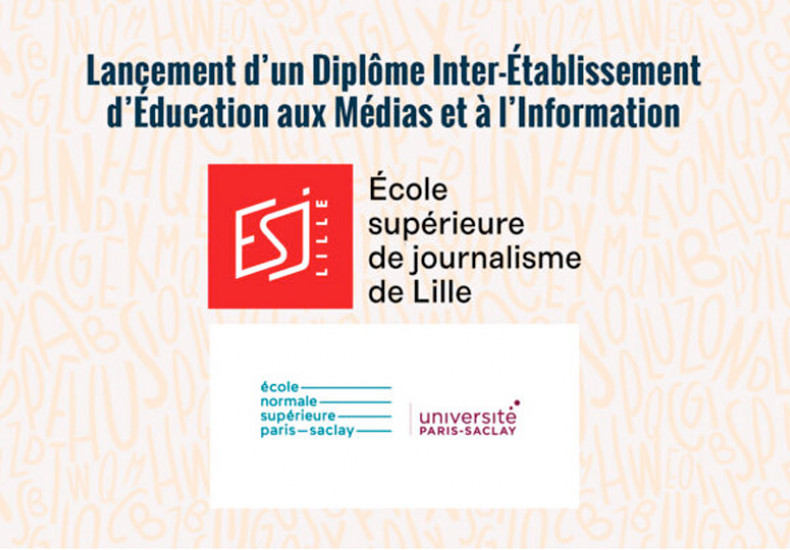
Electrical and Digital Engineering Sciences (SIEN)
The Department of Teaching and Research (DER) Electrical and Digital Engineering Sciences (SIEN) trains experts in Electronics, Energy Conversion and Applied Computing. The DER SIEN (renamed in 2025 and formerly Nikola Tesla and Electronics, Electrical Engineering and Automation EEA) has no equivalent in any other ENS. It offers extremely diversified career prospects and advanced training in disciplinary sectors where major scientific, technological and economic changes are taking place: energy transition, AI, quantum technologies, etc.
Contact
Organization
- Director: jerome.saint-martin [at] ens-paris-saclay.fr (Jérôme SAINT MARTIN)
- Deputy Director: javier.ojeda [at] ens-paris-saclay.fr (Javier OJEDA)
- Associated laboratories :
Study
First year
A multidisciplinary curriculum, the Saphire programme, in common with the Mechanical Engineering and Civil Engineering departments.
Second year (M1)
First year (M1) of the E3A master's programme in collaboration with Université Paris-Sud. The programme includes a second semester abroad.
Third year
Generally devoted to training for the teaching profession in Master 2 FESup en génie INformatique, TRaitement du signal, Automatique, électronique NumÉrique et Télécom (INTRANET) or in Physique des Systèmes d'Énergie électrique et Électroniques (PSEE), it can be replaced by a research internship abroad, an ARPE year, a thematic research year or an interface year.
Fourth year (M2)
Students follow a research course, mainly to prepare a thesis. In some cases the M2 can be done abroad. Approximately 85% of the department's students go on to do a PhD.
Main subjects taught in the 1st and 2nd year :
- Telecommunications
- Automatic control
- Energy conversion
- Electronics
- Signal and image processing
- Industrial computing
Admission
Pre-master's competition
After a preparatory class for the Grandes Ecoles, recruitment by competitive examination leads to the status of Normalien-ne-élève. Paid during their studies, Normalien-ne-s-élèves are obliged to succeed and are subject to a ten-year commitment.
Master competition
To enter directly into the 2nd year of the ENS Paris Saclay diploma, a competitive examination for entry into the Master's programme, allowing students to complete three years of paid training.
Recruitment on the basis of applications and interview
Recruitment on the basis of a portfolio allows access to the status of "normalien-student". This status offers the same training and pedagogical follow-up as the normalien-ne-s-élèves except that they are not paid during their studies and are therefore not subject to the ten-year commitment.
Research activities
The aim of the Master 2 research programme is to train students in the fields of engineering sciences relating to electronics, energy, automation, computer engineering, communications and signal and image processing.
In partnership with :
- The SATIE research laboratory
- The associated research institute: Institut d'Alembert (Applications of lasers and molecules to biotechnologies and telecommunication networks)
- The associated research institute: Institut Farman (Modelling, simulation and virtual testing of large complex systems).
Research internships carried out by students during their studies in a research laboratory, public or private, in France or abroad.
Students have access to the doctoral contract scheme for Normaliens.
Partnerships
In France
- University of Paris-Sud 11
- CentraleSupélec
- ENSTA
- CEA-INSTN
- Institut d'Optique Graduate School
- Telecom ParisTech
Abroad
- Massassuchetts Institute of Technology (MIT, USA)
- Royal Stockholm Institute of Technology (KTH, Sweden)
- Trinity College Dublin (Ireland)
- École Polytechnique Fédérale de Lausanne (EPFL, Switzerland)
- École Polytechnique de Montréal (Canada)


